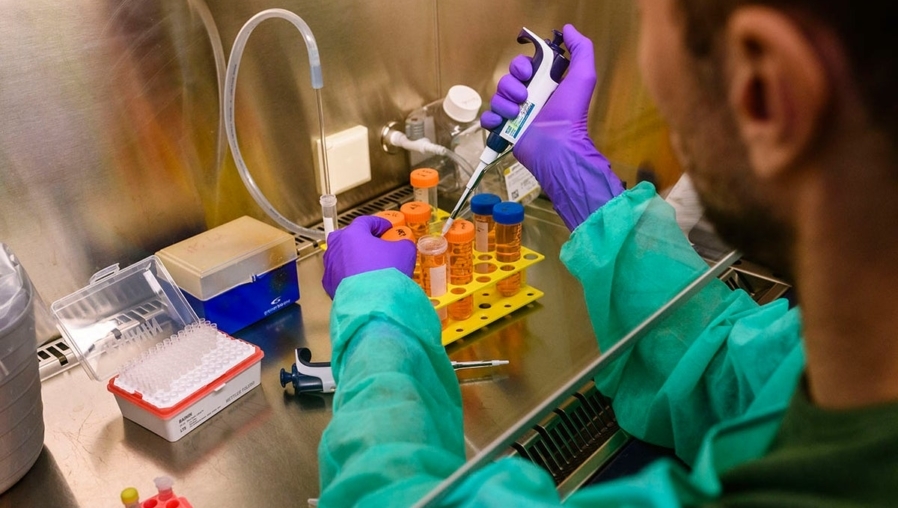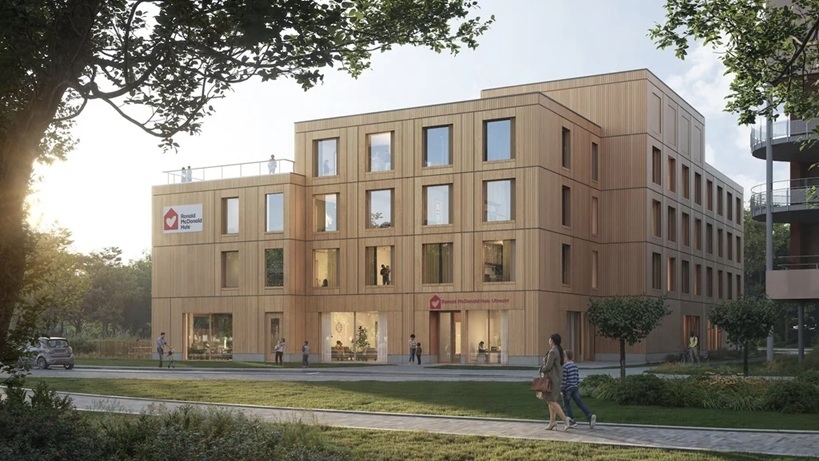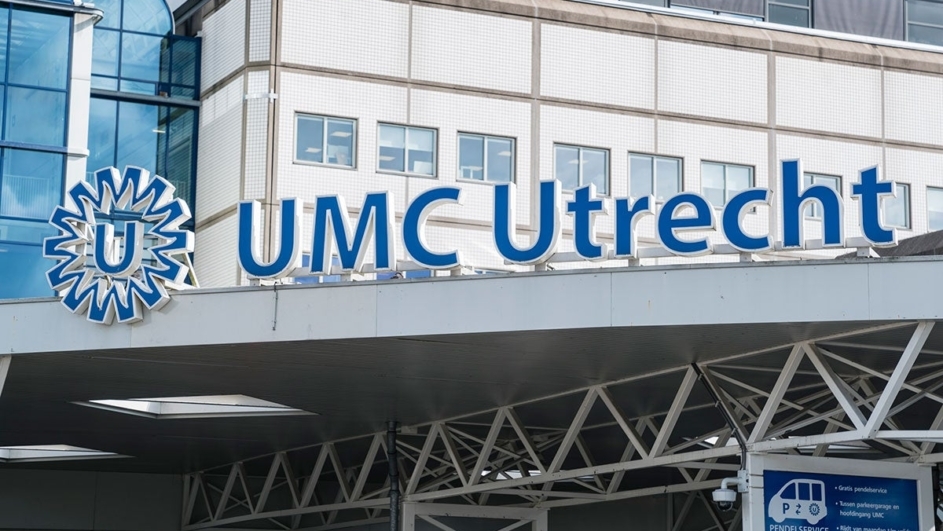UMC Utrecht research sheds new light on ALS risk gene

Researchers at UMC Utrecht have uncovered how a genetic mutation in the ATXN2 gene may accelerate ALS, offering new insights into disease mechanisms and potential treatments.
UMC Utrecht research sheds new light on ALS risk gene
The research group of Professor Jeroen Pasterkamp, Professor of Translational Neuroscience and Scientific Director of the UMC Utrecht Brain Center, has investigated a genetic mutation that can cause ALS. The study reveals what exactly goes wrong in the cells of ALS patients who carry this mutation. The findings have been published in the renowned scientific journal Nature Communications.
ALS (amyotrophic lateral sclerosis) is a progressive neurological disease that leads to the gradual degeneration of motor neurons in the brain and spinal cord. As a result, patients slowly lose the ability to move, speak, swallow, and eventually breathe. Worldwide, ALS affects approximately 2 in 100,000 people each year. In the Netherlands, about 500 people are diagnosed annually. Most patients die within three to five years after the first symptoms appear.
Previous research has shown that a repeat expansion—a specific lengthening of a piece of DNA—in the ATXN2 gene is present in nearly 5% of ALS patients, making it one of the strongest known genetic risk factors for the disease. The research by Pasterkamp’s group aimed to uncover what happens inside cells when someone carries this DNA expansion.
Less cellular energy
The researchers used mouse models, as well as nerve cells and brain organoids derived from ALS patient cells, comparing them to those made from healthy donor cells. The results were striking: nerve cells with the DNA expansion showed damage in their axons (cell extensions) and altered metabolism. Notably, the affected cells produced less energy.
The team also crossbred mice carrying the DNA expansion with mice already genetically predisposed to ALS. Professor Pasterkamp explains:
“We observed that ALS symptoms appeared earlier and were more severe in these combined mice. This suggests that the ATXN2 repeat expansion can accelerate ALS disease progression.”
New insights
One of the most important findings of the study was that the ATXN2 repeat expansion not only affected nerve cells but also had an impact on immune cells in the brain, specifically microglia. Pasterkamp elaborates:
“These cells normally help clear waste from the brain, but in our model, they functioned less effectively. This impaired function may contribute to worsening ALS symptoms.”
The research provides new insights into how genetic factors can increase the risk of ALS. By better understanding how this specific DNA expansion contributes to the disease, scientists can more effectively search for ways to slow down or correct these processes—potentially leading to new treatments for ALS patients.
Although the findings are promising, Professor Pasterkamp emphasizes that further research is needed:
“It’s not yet fully understood how this genetic alteration causes the effects we observed,” he says. “We hope our work will ultimately contribute to the development of new therapies targeting the ATXN2 repeat expansion or its downstream effects.”
Source: UMC Utrecht

Laigo Bio at Utrecht Science Park raises €11.5 million in investments
Laigo Bio, a start-up located at Utrecht Science Park in the Life Sciences Incubator building, announced today that it has raised €11.5 million in investments from a large number of leading investors.

Ronald McDonald House Utrecht presents plans for new, larger House with 50 rooms
Ronald McDonald House Utrecht is building for the future. At Utrecht Science Park, next to the Wilhelmina Children’s Hospital and within walking distance of the Princess Máxima Center, Ronald McDonald House Utrecht has advanced plans to build a brand new, sustainable House with 50 guest rooms. Preparations are well underway, and construction is scheduled to begin in the second half of 2026. The goal is to open the new House sometime in 2028. This expansion will allow the House to offer more families of seriously ill or care-intensive children a warm home, allowing them to be close to their sick child day and night.

Renewal and sustainability UMC Utrecht
In the coming years, most of the UMC Utrecht will be renovated, rebuilt or newly constructed. Many of our buildings are already nearly forty years old and require renovation and sustainability.

Utrecht Science Week anniversary edition a great success
The fifth edition of Utrecht Science Week was a resounding success! With more programs, locations, speakers, and visitors than ever before, we look back on an exciting week. The variety of programs and the diverse audience were wonderful to witness. This way, the groundbreaking research here at Utrecht Science Park isn’t kept behind closed doors, but is given the opportunity to inspire others.